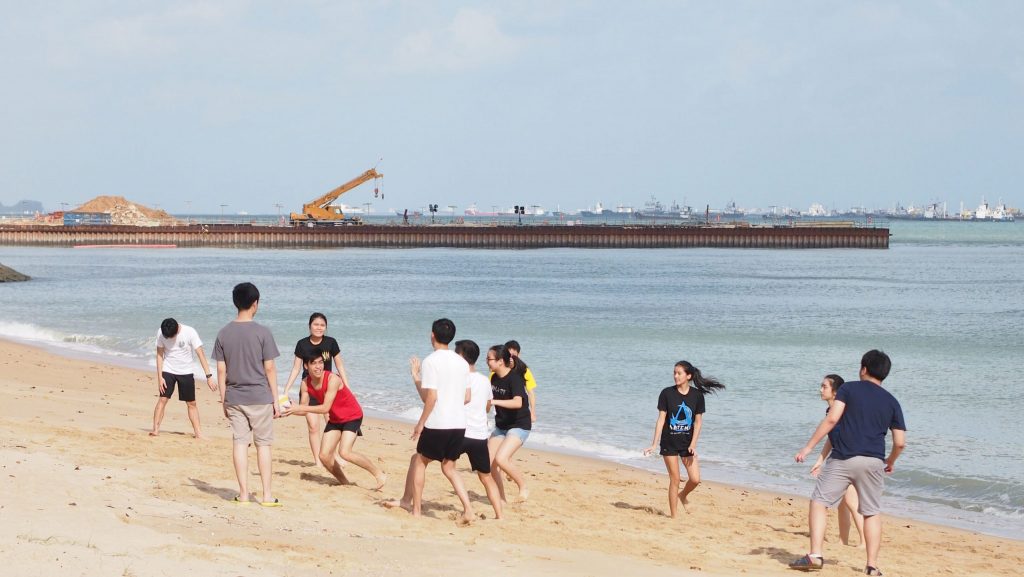A class apart? Meritocracy, social mixing and effects on national unity
March 4, 2021

In ‘A class apart? Meritocracy, social mixing and effects on national unity’, Grace Ho (Senior Political Correspondent, The Straits Times) reflects on Singapore’s efforts to manage meritocracy and strengthen national unity across social classes. She draws insights from a new book written by Associate Professors Vincent Chua and Tan Ern Ser (NUS Department of Sociology), Dr Gillian Koh (Institute of Policy Studies), and Drew Shih Shih-Yu (Urban Redevelopment Authority).
The book, Social Capital in Singapore: The Power of Network Diversity (Routledge, 2020), attributes Singapore’s weakening national unity to meritocracy. It first acknowledges that meritocracy was necessary during Singapore’s founding days. Without natural resources, meritocracy was the best system to evaluate and deploy Singapore’s human capital. Nonetheless, over time, meritocracy created social silos that decreased interactions between elites and non-elites. Three key results of meritocracy can be drawn out: first, class segregation emerges as Singapore’s most prominent fault line; second, young Singaporeans born between 1982 and 1995 are more likely to live within communities of the same social class; third, social networks are significant in strengthening national identity.
Based on these findings, the article identifies some strategies that have been implemented to strengthen Singaporean society. Subject-based banding encourages students of different aptitudes to mix together. The Strategic Partnership Co-Curricular Activity also allows seniors from one school to coach juniors from another school. National conversations such as the ‘Singapore Together Emerging Stronger Conversations’ are also held to integrate the views of Singaporeans from all walks of life.
Nonetheless, the article notes how state-citizen partnerships are key to making these initiatives work. Although the state can facilitate social mixing, individuals must contribute to state efforts. They must be willing to interact meaningfully and form strong relationships across social classes organically. Such a society can be understood through Assoc Prof Tan’s analogy of a game of soccer: players in various positions cooperate, strategise, and leverage on each other’s strengths to remain competitive.
The piece suggests that the pandemic has highlighted numerous instances of class divisions. If leveraged upon, the pandemic could be a key turning point for policymakers and Singaporeans to solidify such models of national unity and create lasting implications for social and national cohesion.
Read the article here.
